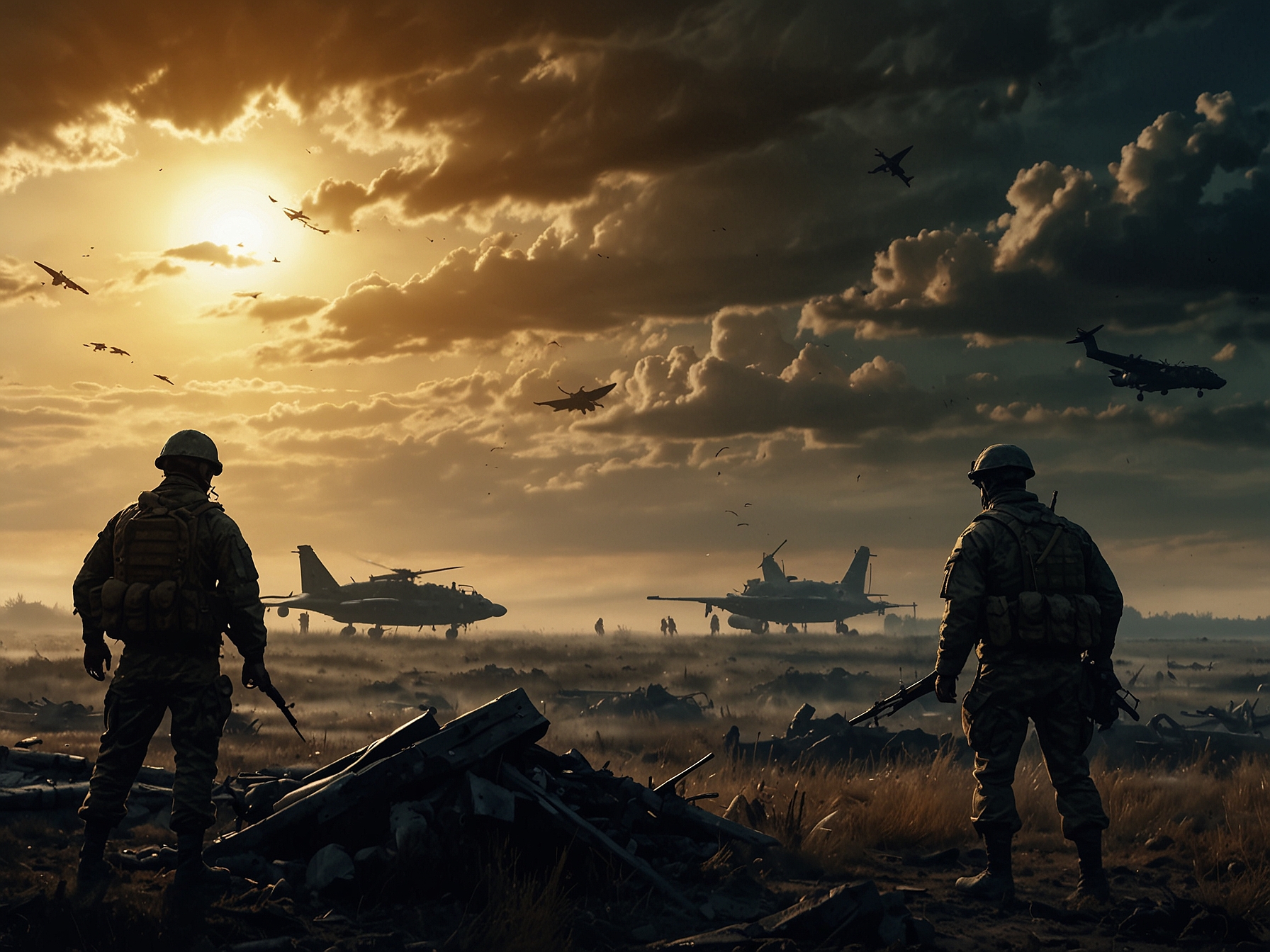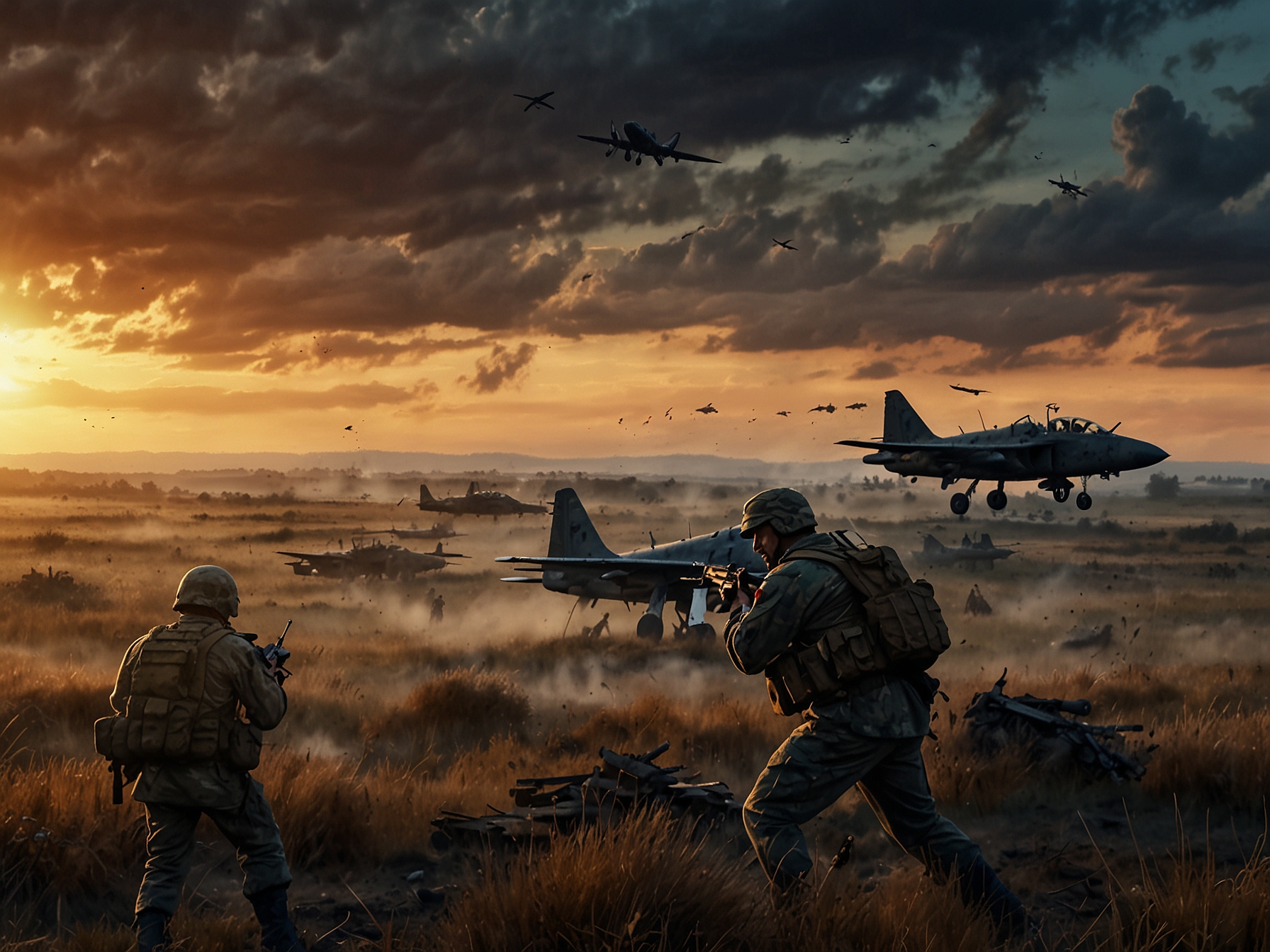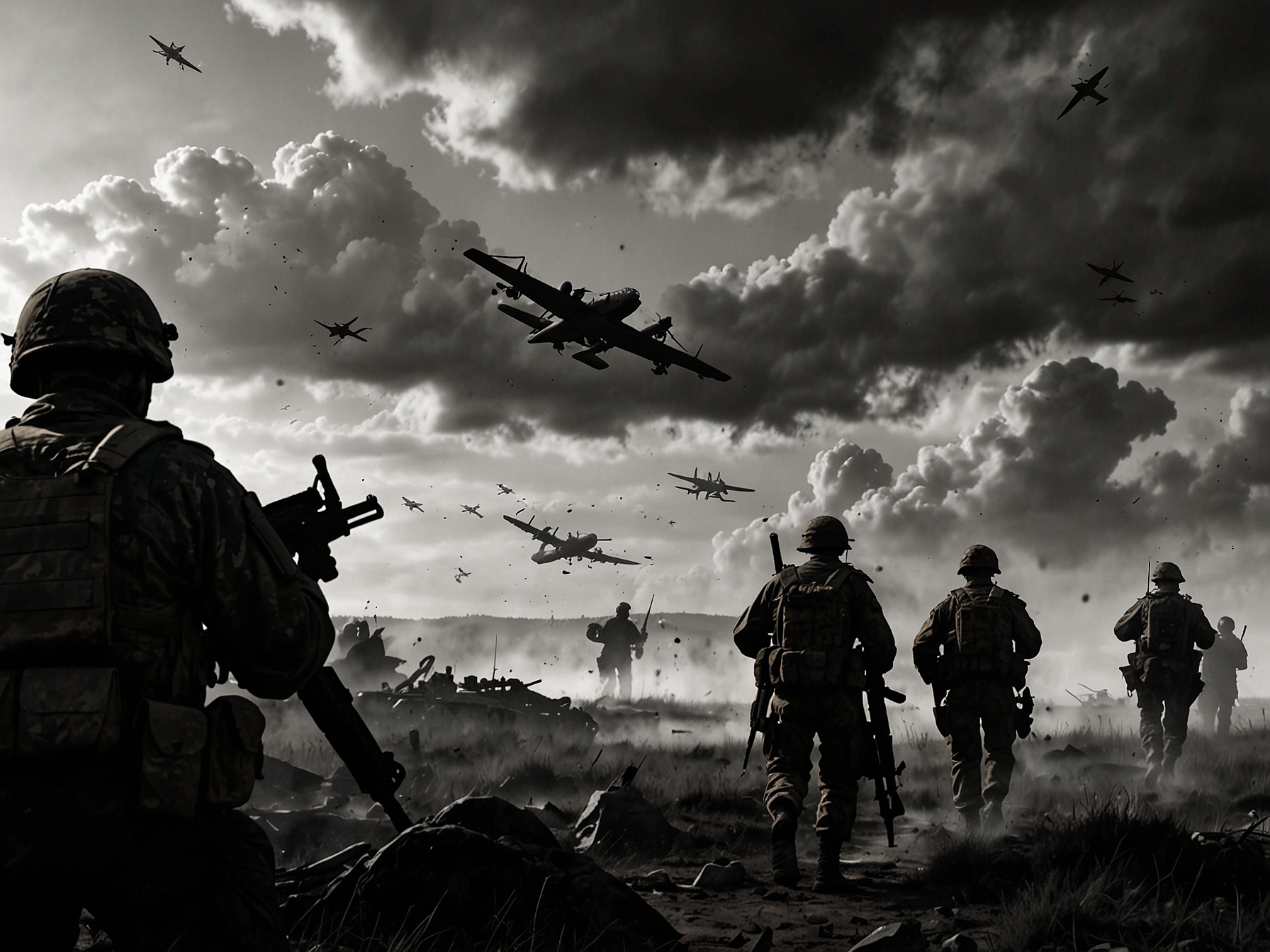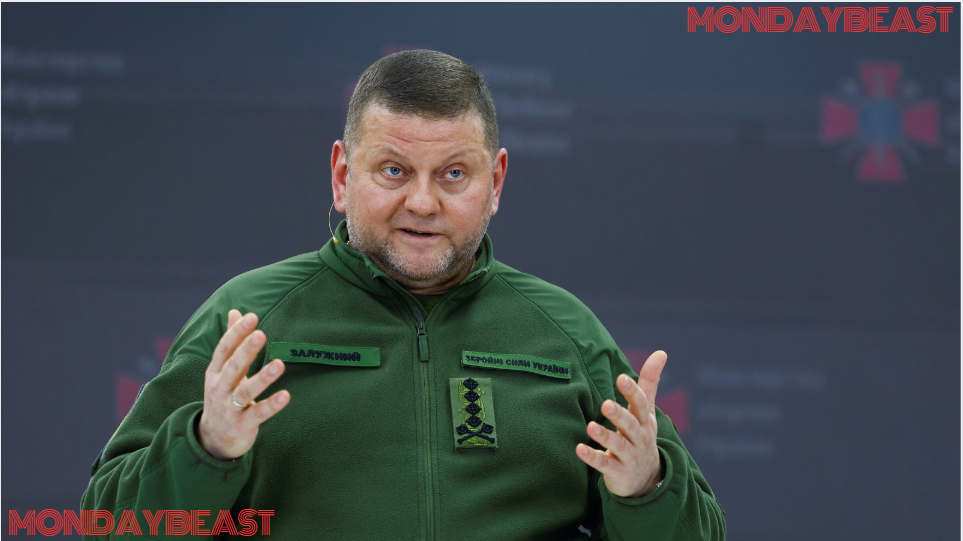Also read Is Bitcoin Headed for $150,000? Breaking Barriers at $99,000
On the front lines of a simmering conflict, a striking claim emerges. A Ukrainian official states that World War III has already begun. This intense declaration raises alarm bells and invites us to consider its implications.
Valerii Zaluzhnyi, Ukraine’s Ambassador to the UK and former military chief, suggests that global dynamics have shifted dramatically. He points to the involvement of several allied nations as pivotal in this new phase of warfare. Could this really be the start of a larger global conflict?

“In 2024, it’s realistic to view our situation as World War III,” he asserts. Zaluzhnyi emphasizes that by next year, Ukraine will not face Russia alone. Forces from North Korea and drone attacks from Iran could redefine the battlefield.
What does it mean to have soldiers from other nations entering a conflict? It complicates not just military strategies but also international relations. Each nation’s involvement could escalate tensions and bring unexpected consequences.
Zaluzhnyi warns that the situation is dire. He believes that Ukraine’s alliance with Western countries is crucial yet fragile. The Ambassador feels that a poor grasp of this reality could lead to disastrous outcomes. His concern is not just for Ukraine but for the entire world.

As he states, “God is giving us a chance to act wisely.” He believes Ukraine’s struggle could represent a turning point for global democracy. If the world unites effectively now, perhaps we can avert a larger crisis. But are world leaders listening?
He claims that while Ukraine may have technology on its side, the odds are stark. Can Ukraine withstand this challenge alone? Its survival may depend on timely support from its allies. But how can these partners be encouraged to act decisively?
Moscow has consistently denied using weapons from other nations. They claim to possess enough domestic capacity to sustain their efforts. Yet Western intelligence reports indicate an ongoing presence of foreign troops set to bolster Russia’s military strategies.

Reports suggest that around 50,000 troops, including North Korean soldiers, are poised for action in Kursk. With these developments, Russia seems prepared for a significant counteroffensive. Will the conflict expand beyond Ukraine’s borders as nations vie for territorial control?
Yet, there are voices of caution. Matthew Miller, a U.S. State Department spokesperson, warns against the involvement of North Korea. Their participation could result in severe repercussions for the region. Would the U.S. hold the duty to respond if North Korean troops engage in combat against Ukraine?
On the other hand, both Russia and North Korea label allegations of troop involvement as nonsense. They insist that any military cooperation is within the confines of international law. But how solid is that argument in the face of increasing scrutiny from global observers?
This geopolitical chess game is evolving. Leaders like Vladimir Putin and Kim Jong-un have signed a Comprehensive Strategic Partnership treaty. It calls for immediate military aid if either side faces warfare.
What does this mean for countries that value peace? The alliances being formed could lead to a more dangerous international landscape. And as this theater of military and political maneuvering unfolds, one can only wonder: what’s the next move?
In these turbulent times, understanding the dynamics of modern conflicts is crucial. As tensions rise, the question remains: how can nations engage in dialogue and foster resolutions that prevent further escalation?
In the end, Zaluzhnyi’s call to global unity resonates loudly. The future may hinge on whether the world can advocate for peace in a time of growing military alliances. Can we build a bridge to dialogue amidst this chaos?




